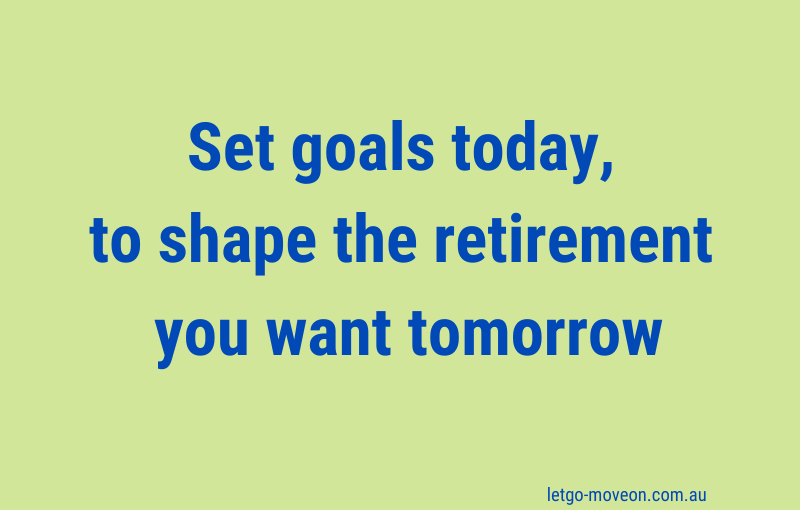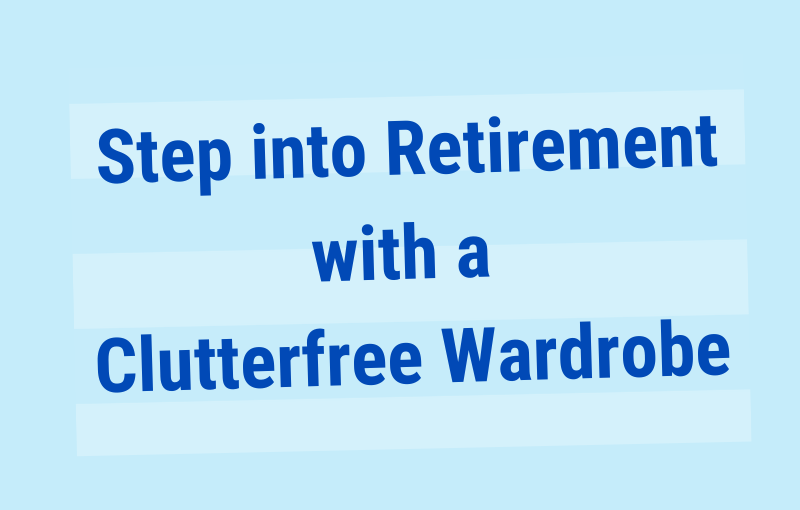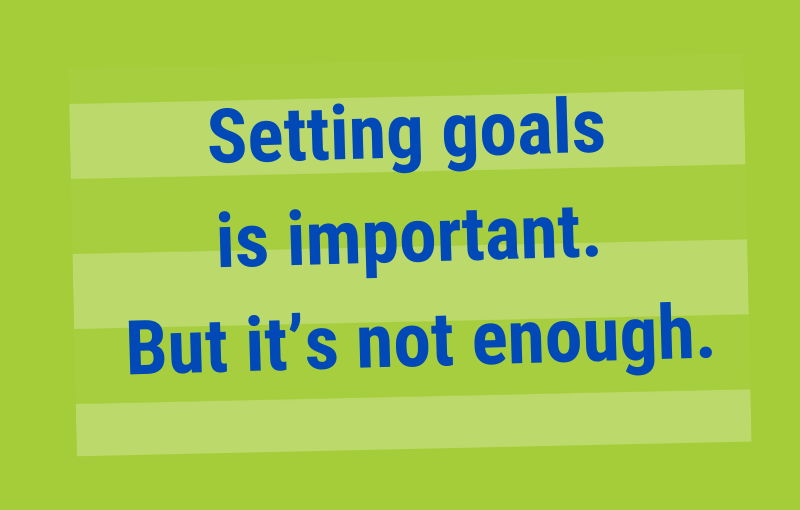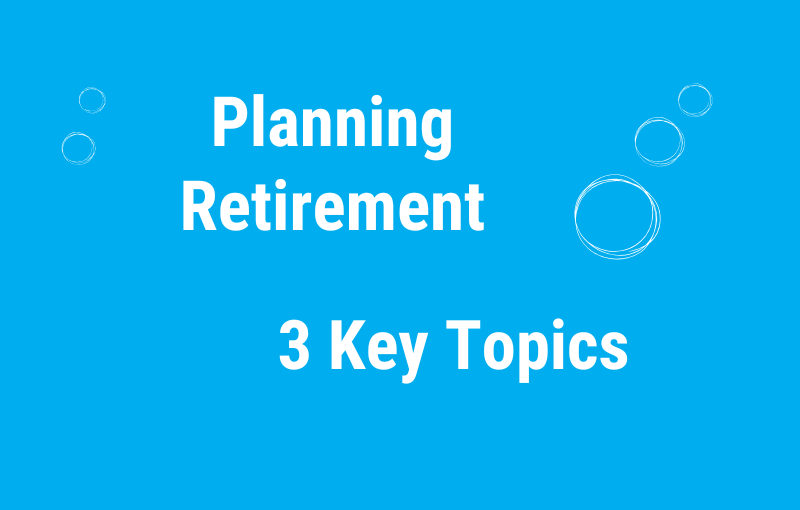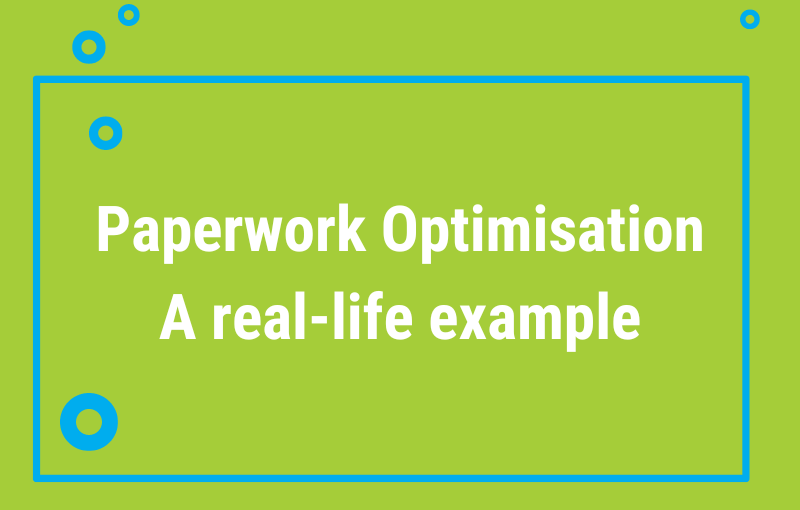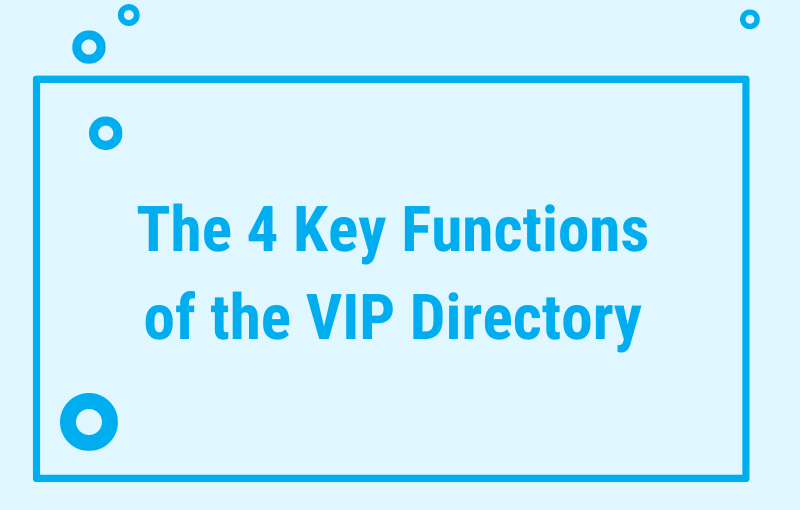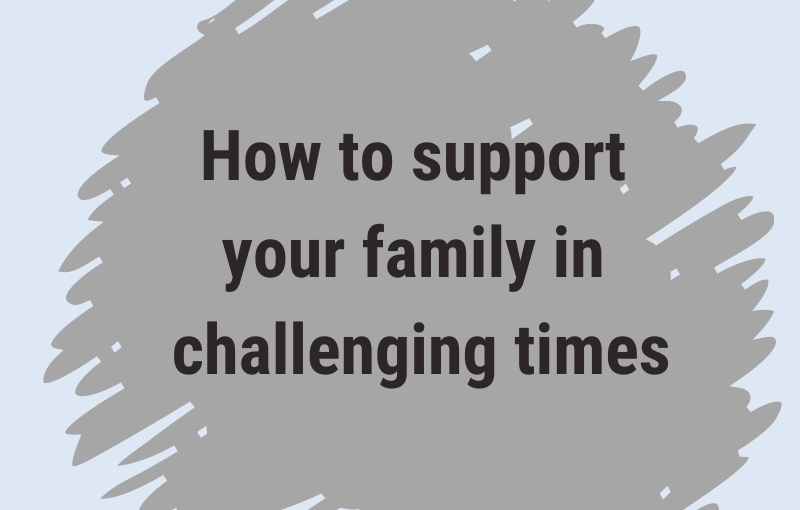Entering retirement offers the opportunity to set new, meaningful goals.
It doesn’t matter whether you already have concrete ideas of your retirement life in mind or not. Sitting down and intentionally setting goals will not only help you give your daily life structure and direction. It will also allow you to move forward with a fresh sense of purpose.
Here are six practical tips to help you create new goals that align with what you truly want in this next stage of life.
#1 – Choose a goal – even if you don’t have one.
Even if you don’t have a specific goal at the moment, the act of setting a goal can be a really powerful and useful exercise.
It gives your mind and life focus and direction; it strengthens your motivation to realise your personal potential; it helps you get what you want. So, think about the different areas in your life and pick one you don’t feel happy about.
Now, choose a goal to help you make positive changes in the chosen area.
#2 – Get specific, but don’t think about the how yet.
Be very specific about your goal.
Talk about your goal in the first person and the present tense. Decide on time-frames, deadlines, and other details. However, don’t think about how you will achieve the goal yet.
For now, you focus on the what and when.
#3 – Write the goal down.
Take your goal out of your imagination and make it real and tangible.
The best way to do this is to write it down. Writing down your goal on a piece of paper gets it out of your brain. You now can look at it, you can adjust it, you can carry it around, and you can (and should) read it again and again.
Your goal now acts like a GPS destination, indicating where you want to go.
#4 – Stretch yourself with the goal, and ‘welcome’ any negative feelings.
Offer yourself a real self-development opportunity – make sure that you push yourself beyond your current comfort zone with your goal.
If it seems easy to achieve, it’s not a real goal! You will know you have stretched yourself sufficiently if negative emotions such as fear, doubt, or shame arise. Don’t push these feelings away; accept them as normal parts of the process.
Honouring and managing these feelings will not only ensure that you achieve your goal but also allow you to become a more robust and better version of yourself.
#5 – Uncover any negative thoughts and question/replace them.
Search for the negative thoughts that cause uncomfortable feelings.
It might be something like ‘This is too hard to do’, or ‘I don’t know how to do this’, or ‘I don’t know if this is what I want’. Uncover all the thoughts behind your feelings of disbelief or doubtfulness or fear – and write them down.
Then, remind yourself that these thoughts are just choices. Your human brain is bringing them up to protect you – it wants you to avoid any risks by keeping everything as it is – but that doesn’t mean you have to believe these limiting thoughts.
Tell your mind, ‘No worries – I’ll figure this out.’
#6 – Have a brainstorming session with your future self to design an action plan.
When you are ready to start working on your action plan, you can ask your future self for help.
Imagine yourself at the place in the future when your goal has been completed. From that place, look back to where you are now, and you tell your present self the how – all the steps you took to accomplish the goal and what you did to overcome the obstacles on your way. Write these steps down; they build your action plan.
Now, you are ready to take the first action and work on achieving your goal!
With these tips, you can set new goals for your retirement life that will help you start moving and creating the life you want to live in retirement.
If you have any questions or want to talk about the planning, organisation, or management of your retirement life –
LET’S TALK.
You can easily book a free Zoom Meeting with me HERE.

